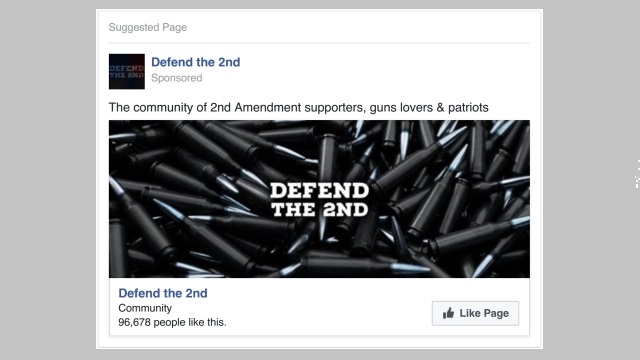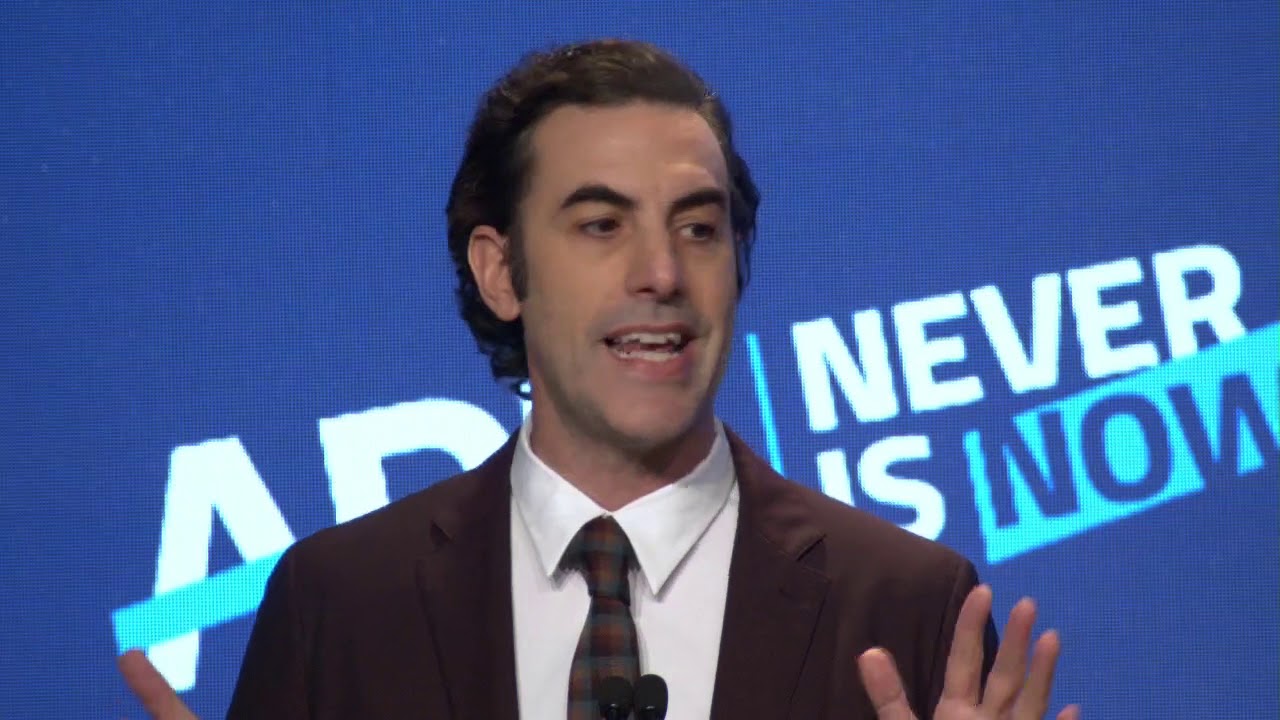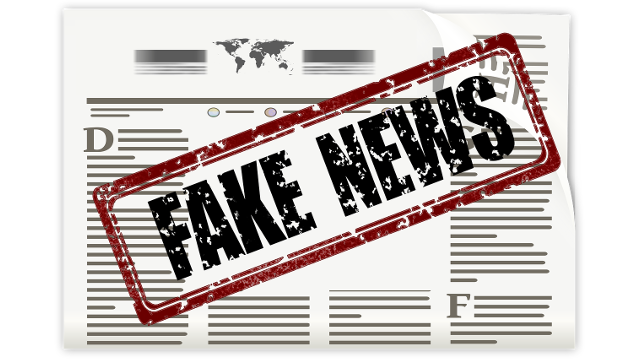
Facebook commits to ad transparency ahead of US House Intelligence Committee Russia hearing
On 1 November, the Russia Investigative Task Force of the US House of Representatives Permanent Select Committee on Intelligence held an open hearing with representatives of Facebook, Twitter, and Google.
The Committee has been investigating Russia’s involvement in the 2016 US election, including the role that social media companies played in disseminating malign content produced and paid for by Russian actors, including the Russian government’s propaganda arm, the Internet Research Agency (IRA).
During the hearing, the Committee released Facebook advertisements identified as being created by Russian actors, and tabled a memo listing information compiled by Facebook, Twitter and Google derived from their initial investigations into the Russian use of their platforms during the election. An example of one of the advertisements can be found above, and the Russian platform use information is shown in the following table:
| Facebook (June 2015-August 2017) |
|---|
|
| Twitter (September 1 – November 15, 2016) |
|
| YouTube (Google) |
|
On 27 October, just prior to the Committee hearing, Facebook issued a media release updating their progress in addressing the integrity of elections, both in the US and around the world, and in making advertising more transparent.
Facebook advises that:
- People will be able to click “View Ads” on a Page and view ads a Page is running on Facebook, Instagram and Messenger, whether or not the person viewing is in the intended target audience for the ad.
- In the US, Facebook plans to begin building an archive of federal-election related ads so that it can show both current and historical federal-election related ads. In addition, for each federal-election related ad, Facebook will include the ad in a searchable archive, provide details on the total amounts spent, provide the number of impressions that delivered, and provide demographics information (e.g. age, location, gender) about the audience that the ads reached.
- Facebook is going to require more thorough documentation from advertisers who want to run election-related ads. As part of the documentation process, advertisers may be required to identify that they are running election-related advertising and verify both their entity and location. Once verified, these advertisers will have to include a disclosure in their election-related ads, which reads: “Paid for by.” When people click on the disclosure, they will be able to see details about the advertiser.
- For political advertisers that do not proactively disclose themselves, machine learning tools are being built that will help Facebook find them and require them to verify their identity.
Article source: ABC News.
Header image source: US House of Representatives Permanent Select Committee on Intelligence.
Also published on Medium.





